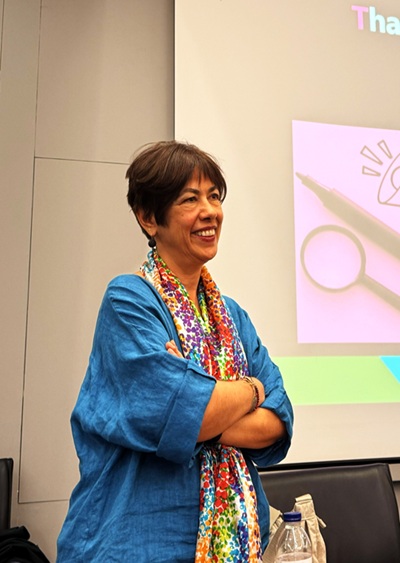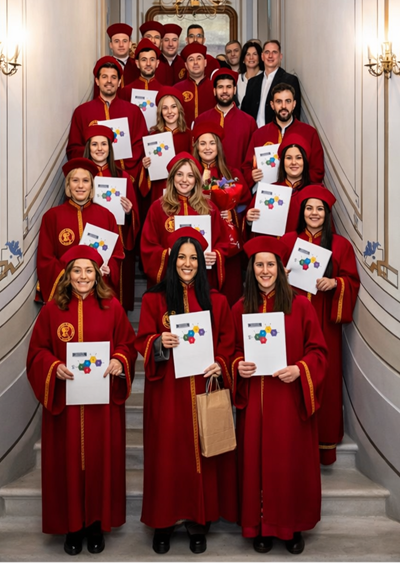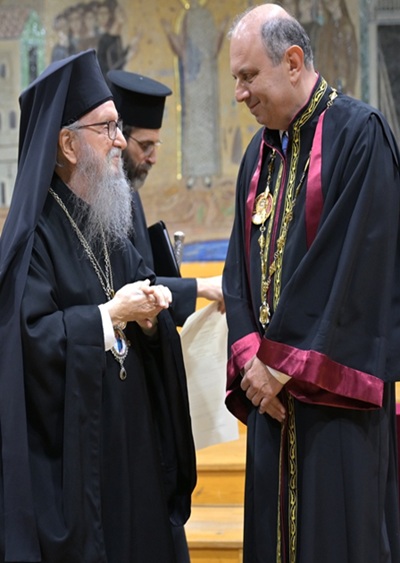
The Historical Archive of the National Bank of Greece opens its doors to schools of all levels and invites students and teachers to attend a variety of educational programmes with interactive presentations, teamwork and experiential activities.
Two new topics enrich the programmes offered for the school year 2024-2025. The first deals with aspects of the history of the refugees of 1922, while the second approaches the emblematic building of the Historical Archive of the National Bank of Greece, the Diomedes Mansion, as an architectural landmark of the neighbourhood and a valuable archive.
The programmes carried out are the following:
a. “Records. Sources of knowledge, sources of memory”
b. “History of the Greek banknote. A journey, 1822- 2002”
c. School Vocational Guidance (with specialisations of the Archive)
d. “The traces of the refugees of 1922 through the documents of the Historical Archive of the National Bank of Greece” NEW PROGRAMME
e. The Diomedes Mansion as an architectural landmark and contemporary archive of valuable historical material” NEW PROGRAMME
The new edition of the Historical Archive deals with one of the basic forms of the interpretative and communicative function of contemporary cultural institutions, the educational programmes. It presents the course of 15 years of planning, organization and execution of the programmes, from 2005 to 2020, when the outbreak of the pandemic was also an occasion for the cultural sector worldwide to reflect and reorient their strategy in new, more digital directions. The author Maria Lebessi, in charge of the educational programmes of Historical Archive-National Bank Greece, feels and documents this particular course as a journey of inspiration, methodology and creative interaction between the people and material of the Archive, the school community and other cultural and educational institutions, social groups and even the wider neighbourhood, whose synergies transform the Historical Archive of the National Bank of Greece into an open learning and entertainment organisation and, consequently, a factor in strengthening local urban identity.
The above inventory highlights the learning principles and pedagogical models followed in the formulation of the development plans of the programmes, which makes the publication as a whole an important addition to the literature on the contemporary character of cultural institutions (financial and non-financial), the new non-formal learning environments and their methodological tools. With rich illustrations, which visualize the described actions, it serves first of all as a source for scholars of the respective scientific fields and teachers of all levels, but also as a reminder of the pleasant, constructive moments experienced by students, young and old visitors in the various spaces inside and outside the Historical Archive of the National Bank of Greece during this 15-year successful effort, which continues uninterrupted in the present and is evolving on the basis of new technologies.







Leave A Comment